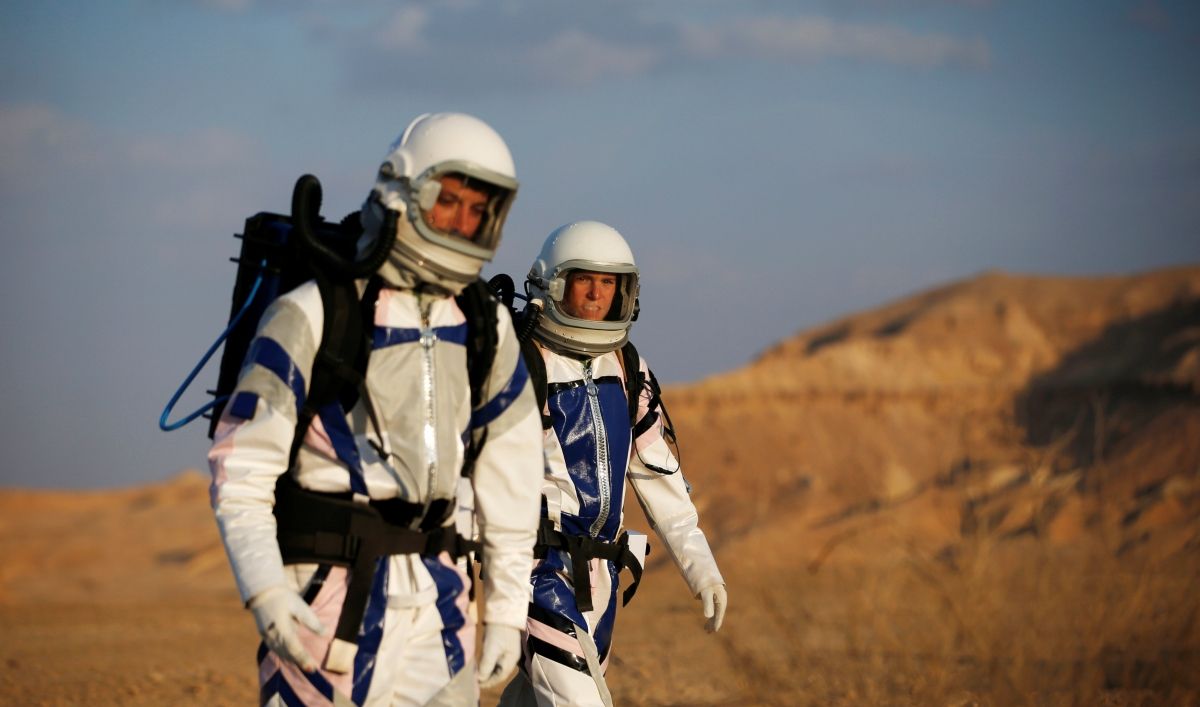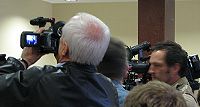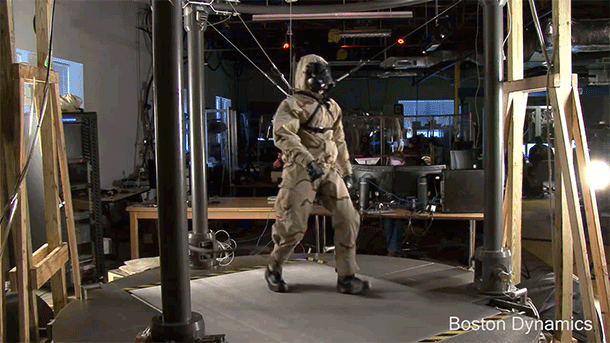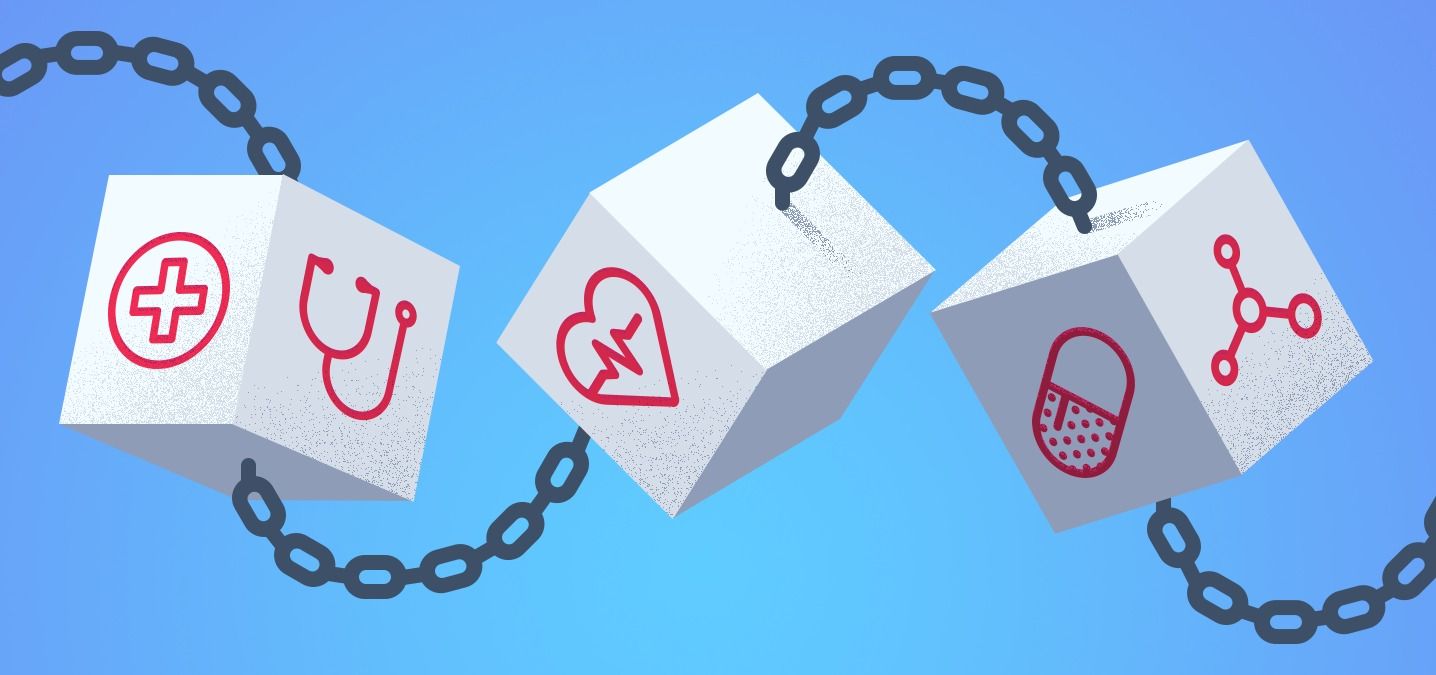Page 9646
Feb 19, 2018
In our eyes, Google’s software sees heart attack risk
Posted by Genevieve Klien in category: biotech/medical
The new approach could one day allow people to screen themselves for the risks that could lead to heart disease.
Feb 19, 2018
Israeli scientists complete a mock mission to Mars
Posted by Genevieve Klien in categories: futurism, space travel
The experiment was held near the isolated Israeli township of Mitzpe Ramon, whose surroundings resemble the Martian environment in its geology, aridity, appearance and desolation, the ministry said.
The participants were investigating various fields relevant to a future Mars mission, including satellite communications, the psychological affects of isolation, radiation measurements and search ing for life signs in soil.
Participant Guy Ron, a nuclear physics professor from the Hebrew University in Jerusalem, said the project was not only intended to look for new approaches in designing a future mission to the Red Planet, but to increase public interest.
Continue reading “Israeli scientists complete a mock mission to Mars” »
Ninety-five new exoplanets — planets that orbit around stars other than our sun — can now be added to the long list of planets that have been discovered since the 1990s.
The discovery was made by a Danish Ph.D. student with the help of the once damaged Kepler telescope, reports ScienceNordic.
Andrew Mayo from the Technical University of Denmark (DTU Space) is behind the discovery, which is described in a new study.
Feb 19, 2018
Computers learn to learn
Posted by Genevieve Klien in categories: biological, robotics/AI
Intel and Researchers from Heidelberg and Dresden present three new neuromorphic chips.
Researchers from Heidelberg University and TU Dresden, together with Intel Corporation, will reveal three new neuromorphic chips during the NICE Workshop 2018 in the USA. These chips have an extraordinary ability: They are able to mimic important aspects of biological brains by being energy efficient, resilient and able to learn. These chips promise to have a major impact on the future of artificial intelligence. Computers are many times faster than humans in solving arithmetical problems, yet they have thus far been no match when it comes to the analytic ability of the brain. Up until now, computers have not been able to continually learn and can therefore not improve themselves. The two European chips were developed in close collaboration with neuroscientists as part of the Human Brain Project of the European Union. NICE 2018 will be held from 27 February until 1 March on the Intel Campus in Hillsboro/Oregon.
Dr Johannes Schlemmel from the Kirchhoff Institute for Physics at Heidelberg University will present prototypes of the new BrainScaleS chip. BrainScaleS has a mixed analogue and digital design and works 1,000 to 10,000 times faster than real time. The second generation neuromorphic BrainScaleS chip has freely programmable on-chip learning functions as well as an analogue hardware model of complex neurons with active dendritic trees, which – based on nerve cells – are especially valuable for reproducing the continual process of learning.
Feb 19, 2018
The U.S. Military Will Have More Robots Than Humans by 2025
Posted by Carse Peel in categories: military, robotics/AI
In Trump’s Pentagon-controlled presidency a dystopian vision of a military dominated by DARPA robots is quickly becoming a reality.
Feb 19, 2018
Human beings could achieve immortality by 2050
Posted by Carse Peel in categories: bioengineering, genetics, life extension, robotics/AI
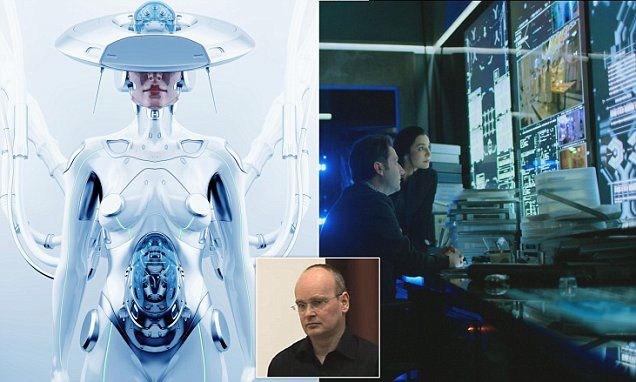
Dr Ian Pearson, a leading futurologist from Ipswich, claims that if people can survive until 2050 they could live forever thanks to advances in AI, android bodies and genetic engineering.
Feb 19, 2018
Asteroid miners might need a few good applied astronomers to show them the way
Posted by Klaus Baldauf in categories: business, employment, space
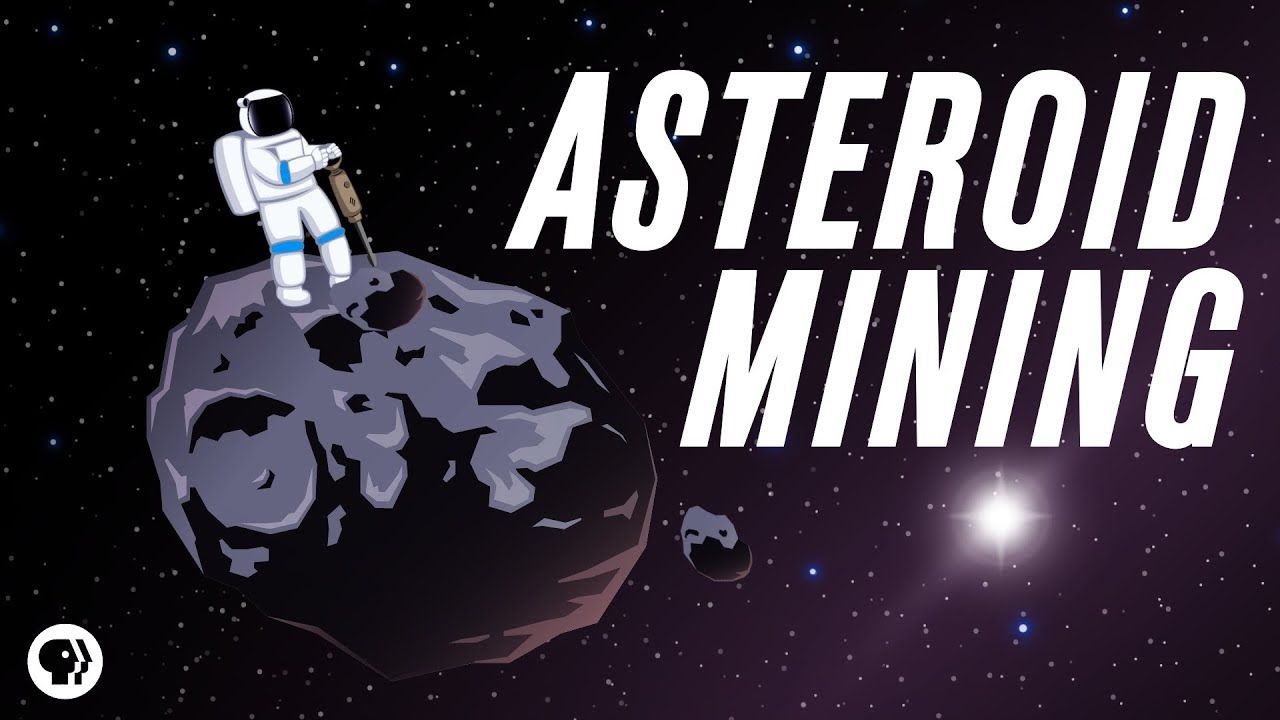
AUSTIN, Texas — Mining asteroids for water and other resources could someday become a trillion-dollar business, but not without astronomers to point the way.
At least that’s the view of Martin Elvis, a researcher at the Harvard-Smithsonian Center for Astrophysics, who’s been taking a close look at the science behind asteroid mining.
Continue reading “Asteroid miners might need a few good applied astronomers to show them the way” »
Feb 19, 2018
Health and the crypto-economy. Health Blockchain
Posted by Edward Futurem in categories: bitcoin, economics, life extension, robotics/AI
AI and blockchain, the main innovations in #Longevity, are united in DAYS.exchange platform.
DAYS tokens are to be sort of guarrantee for longevity services effectiveness.
DAYS.exchange partner supported Longevity Impact Forum.
Continue reading “Health and the crypto-economy. Health Blockchain” »
Feb 19, 2018
Chinese city touted as model for cutting healthcare costs
Posted by Derick Lee in category: biotech/medical
Sanming, a city of about 2.5m people in eastern China’s Fujian province, has shown one way out of the conundrum — switching from premium drugs made by multinationals to cheaper local generics and cracking down on doctors taking kickbacks from distributors.
Cheaper drugs cut burden on Sanming budget, but locals grumble over quality of care.


